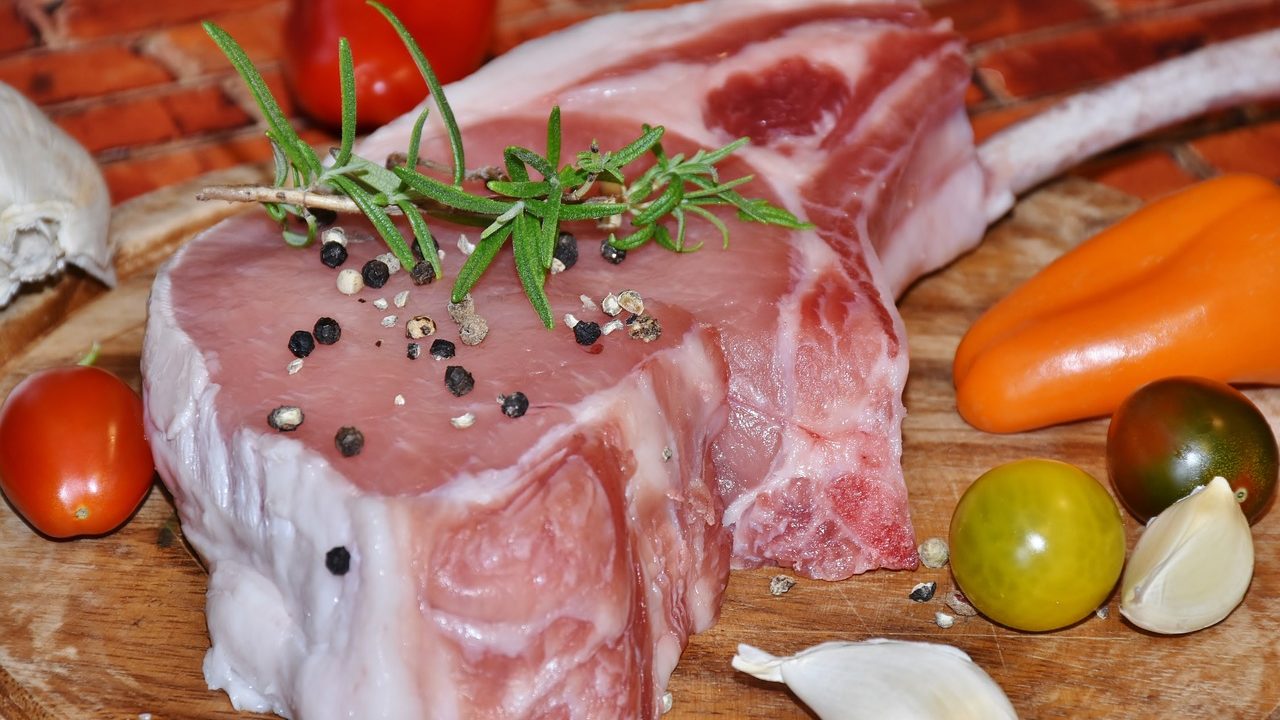Sinn Féin MEP Chris MacManus has added his voice to the chorus of concern over a “growing crisis” in the pig sector.
He said that in recent months, the profitability of the sector has plummeted with Irish pigmeat farmers seeing no end in sight.
MacManus, who is a member of the European Parliament Agricultural Committee, commented:
“The source of this crisis is twofold, firstly EU pigmeat prices are falling, and secondly feed costs are on the rise. Neither problem is easily fixed.
“Pigmeat prices are falling across the EU due to an oversupply on the market. E.g. in Belgium, the seat of the European Parliament, prices have dropped 65%.
“Covid-19 has caused huge disruption in the export market. Additionally, the recovery of China from its African Swine Flu [ASF]outbreak has resulted in them buying less from EU countries.
“Meanwhile, production has stayed high in the EU. Bord Bia’s data illustrates that in 2020, pigmeat prices were at €1.69 and are now floating around €1.43, a decline of 14%,” the MEP added.

Feed costs for pig farmers
In terms of the feed costs, MacManus has stated that this is also linked to the fallout of the Covid-19 pandemic.
“Barley, wheat and soya are common ingredients in pig feed and they have seen sharp increases on the international markets. According to Teagasc, feeds costs per kg have risen from €1.07 in 2019 to €1.25 in 2021, a 17% increase,” he said.
“Due to the nature of the pandemic, we cannot pinpoint when the market may change, which would allow us to judge whether our vulnerable farmers can hang on.”
The MEP has co-signed a letter to the EU Agricultural Commissioner Janusz Wojciechowski calling on him to consider releasing direct support to farmers from margins within the current Common Agricultural Policy (CAP) budget.
MacManus has also outlined what he believes are some possible solutions to the crisis.
“In the long-term, we need to continually work on managing supply and demand, but it should not involve allowing the most vulnerable section of producers to go under during times of disruption,” he said.
“This would only mean more consolidation by the big enterprises and less family farms dotted around our countryside.
“I would like to see more cooperation with our indigenous tillage sector. We should be promoting more native grains in livestock rations, especially when our tillage farmers are working so hard to produce them using a low carbon emissions model,” the MEP concluded.
